Cannabis for Anxiety
There is evidence to suggest that cannabis is able to reduce self-reported levels of anxiety and stress, although this is a temporary fix. Unfortunately, researchers noticed that using cannabis didn’t help to decrease anxiety in the long run.
While there are very few studies that look at what cannabis might be able to do to help with anxiety. There is, however, evidence from studies done in 2018 and 2019 that proves cannabis may be helpful for post-traumatic stress disorder (PTSD) and social anxiety disorder.
Moreover, there are pieces of research that suggest that low doses of THC may help in relieving anxiety, although it’s best to keep in mind that this will be studied further before getting conclusive results.
Cannabis for Depression
Just like with anxiety, there isn’t enough research on whether cannabis can provide people with help when it comes to depression. This is because most of the research done on cannabis as a solution for depression was focused on CBD.
A review from 2014 came to the conclusion that CBD could potentially help patients suffering from depression. It was revealed that it has a positive effect on 5-HT1A receptors, which is a type of serotonin receptor.
Widely known as a “feel good” chemical, serotonin is associated with depression and anxiety where its levels can directly affect our mood and happiness levels. Another review from 2019 suggests that CBD might bring an antidepressant effect and might even provide an increase in brain-derived neurotrophic factor (BDNF).
Having low BDNF levels can be linked to depression, so getting your daily dose of CBD may help with this condition.
Is Cannabis Safe for Depression and Anxiety?
Once users become too dependent on cannabis, there are also risks associated with it. Because cannabis can be addictive, there’s a chance of a user becoming susceptible to cannabis use disorder (CUD).
One review from 2018 discovered that patients with bipolar disorder and clinical depression have a higher risk of developing CUD. A different review found a strong connection between people who are suffering from CUD and deep depression.
Additionally, a person is three times more likely to develop a generalized anxiety disorder or major depression if they already have CUD. There are also other risks that stem from mood disorders and cannabis.
Unfortunately, there are certain anti-anxiety medications and anti-depressants that may react to cannabis, which cause side effects that can be uncomfortable. If you’re looking to self-medicate using cannabis, be sure to speak to a knowledgeable doctor.
It’s also important that you speak to your primary care physician, psychiatrist, or the doctor who might be giving you any kind of medication.
What Is Cannabis?
When you hear the word cannabis, it actually refers to three different plants, known as Cannabis indica, Cannabis sativa, and Cannabis ruderalis. This plant’s bud or flower contains cannabinoids, chemicals that provide varying degrees of psychoactivity that affect the way people perceive things.
More than 100 cannabinoids are known today, and the most well-known kinds are tetrahydrocannabinol (THC) and cannabidiol (CBD). Hemp is known as a low-THC version of cannabis and while they’re the same kind of plant in a biological sense, a product will need to have less than 0.3% of THC in weight to classify as hemp.
Is Cannabis Legal?
While hemp was recently made legal on a federal level, the same can’t be said for cannabis. Medical cannabis might be legal in some states but the laws surrounding its use vary from one state to another. Here is a list of states who have legalized or are in the process of legalizing medical/recreational marijuana.
Visit Smokin’ Treasures Today
If you’re looking to get fast relief from depression and anxiety, be sure to check out Smokin’ Treasures for all the latest and greatest CBD and Delta-8 products. Our head shop is located in Parkville, MD, where you’ll also find the top grow supplies.
Visit our website to find your treasure and shop through our wide collection of cannabis-related products.
Seek Help for Anxiety and Depression
If you or a loved one are struggling with depression, contact the Substance Abuse and Mental Health Services Administration (SAMHSA) National Helpline at 1-800-662-4357 for information on support and treatment facilities in your area. For more mental health resources, see our National Helpline Database.




